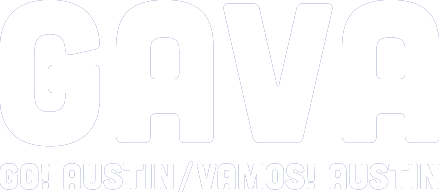GAVA's uses community organizing to improve equitable access to healthy lifestyles by engaging and developing community leaders who identify, initiate, and lead efforts to reduce barriers to healthy living and increase stability in their neighborhoods and schools. We recognize that it is necessary, but not sufficient, to educate individuals on healthy nutrition and physical activity to achieve behavioral change. Rather than simply delivering programs, GAVA provides opportunities for residents to engage and take ownership of efforts for their built environment, health promotion, economic development and anti-displacement. The collective efficacy of this network encourages peers, friends, and neighbors to champion a culture of health in their daily lives, and to civically and socially engage to support positive changes in their community environment.
Our work
Up to 80% of an individual’s health is determined by social factors including income, availability and distribution of local resources, and community culture. While Austin is considered one of the nation’s healthiest cities, we experience large disparities in health outcomes in Austin’s Eastern Crescent, where inadequate investment and resourcing of community assets, combined with other structural inequities, have created barriers to healthy living in specific neighborhoods. We also see that communities of color are often economically displaced when improvements are achieved, and anti-displacement & equitable economic development must be paired with health efforts to ensure sustainability.
Our work is focused on reducing the negative impacts of systemic health inequities by increasing access to physical activity and improved nutrition, building community power, and fostering permanency in the neighborhoods we serve.
Our Principles of Practice
We believe that our ability to build such a broad base of resident and community stakeholders lies in our adhesion to our Principles of Practice. They include principles from Undoing Racism ® (The People’s Institute for Survival and Beyond), ethical principles for Social Workers, the Trauma Stewardship Institute, and teachings of the Industrial Areas Foundation (IAF).
Our key principles include:
Resident-Led Trajectory: The Right to Self-Determination
Use a Strengths-Based Approach
Learn from History
Recognize Structural Inequity
Listen with Respect
People before Program
Systems Change
Maintain Accountability
Prioritize the Interests of Residents and Align with Organizational Resources

